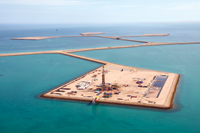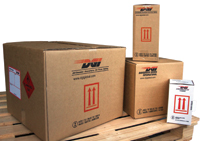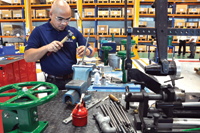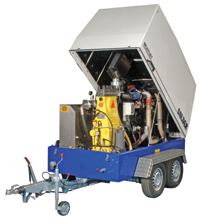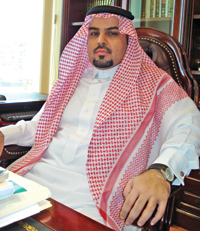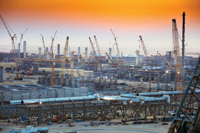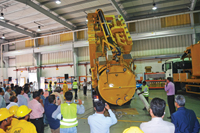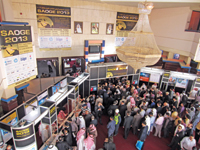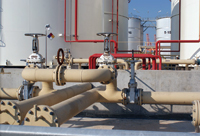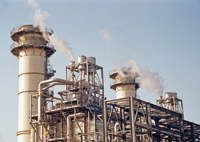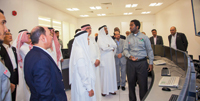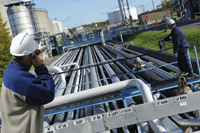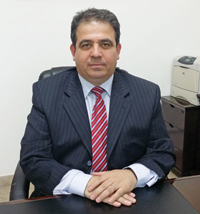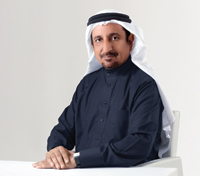
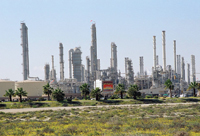 Jubail ... keeping pollution levels low
Jubail ... keeping pollution levels low
THE Royal Commission of Jubail and Yanbu (RCJY) has established nine stations to monitor air quality in Jubail’s Industrial City. The stations will also be used for meteorological purposes. These stations will measure elements in the air, such as sulphur dioxide, hydrogen sulphide and carbon monoxide. The nine stations were distributed equally in order to cover Jubail Industrial City and other industrial areas.
This initiative come as part of the commission’s continuous efforts for environmental preservation, which has earned it several awards, including the Sasakawa International Environmental Prize from the United Nations, an environmental prize from the Regional Organisation for the Protection of the Marine Environment in Kuwait, an environmental safety award from the Arab Town Organisation, which was held in Qatar, and most recently, a Saudi award for best environmental management application in the region.
Data on air quality is collected from these nine stations every five minutes and sent directly to a central computer using advanced wireless devices, which is reviewed and analysed by a crew of specialists in order to ascertain air quality and meteorology at any given time.
The RCJY has also identified several sites to monitor water quality at beaches and harbors near Jubail’s Industrial City through a programme that provides comprehensive information about its composition.
The RCJY also applies a comprehensive programme to monitor groundwater at industrial sites, including hazardous material storage sites, industrial waste management facilities and landfills, to prevent the deterioration of its safety standards as a result of the increase of industrial activities.
This is in addition to monitoring petrochemical tanks for leakages.
The commission also maintains the consistency of seawater temperatures during cooling operations by ensuring that the temperature of the water being released from the factory is no warmer than 10 degrees celsius from the water coming in.
The RCJY also monitors industrial complexes and prohibits the discharging of wastewater into the sea. Instead, it ensures that factories send their wastewater to specialised stations for three-fold processing.







































































